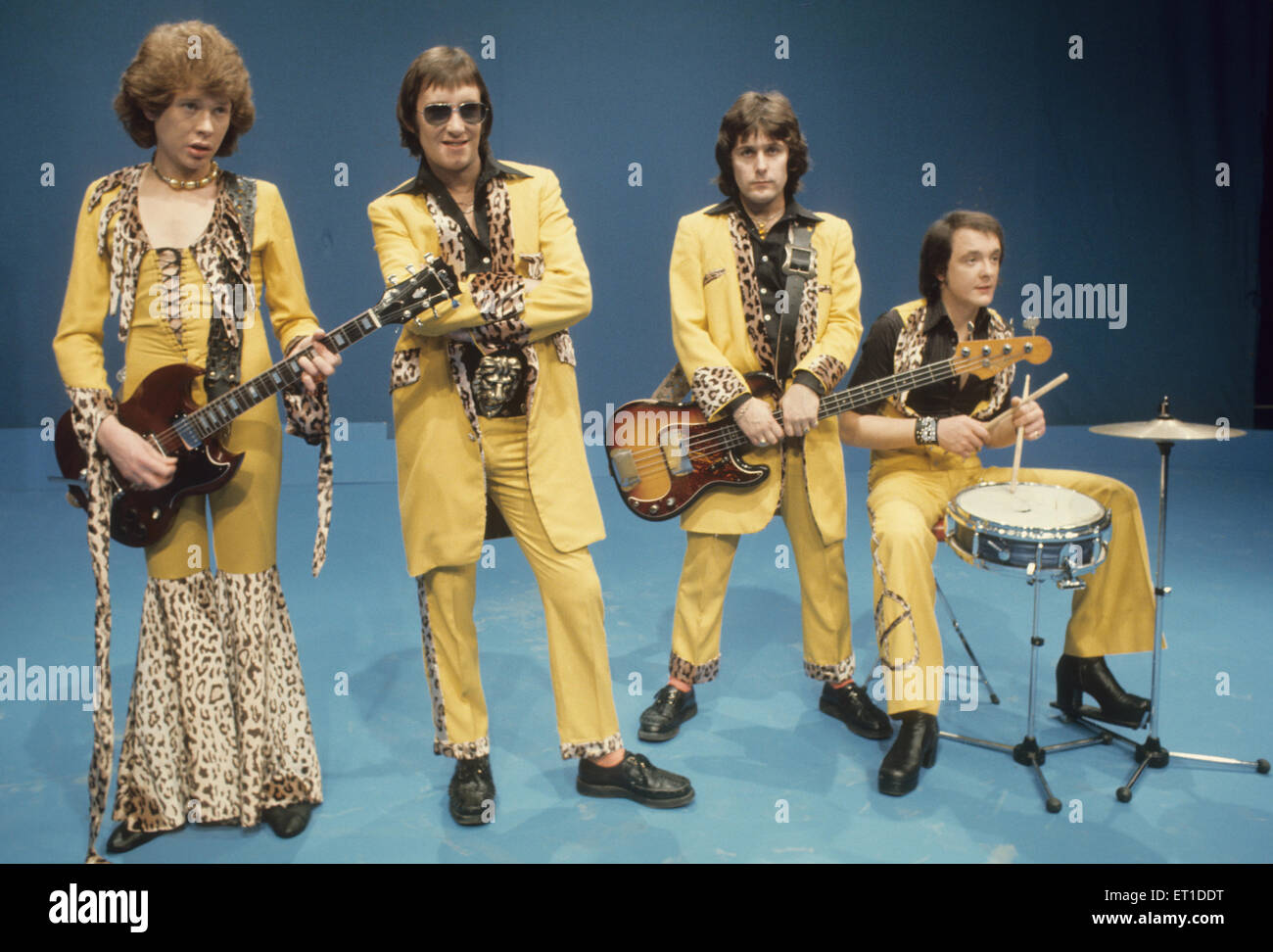

Here, for instance, are her funny and inspired notes on taking language courses in London and Moscow: She can take in and do seemingly anything and have it all stick together. She declares: “There is no such thing as the Russian soul, or perhaps even Russian culture - it’s too big a country: one-sixth of the earth’s landmass, and it’s too diverse and too socially divided.” Even so, she happily generalizes all over the place: “Russians can seem unfriendly, and rarely ask questions (a Greek will have details of your divorce out of you in five minutes). The present, though, is always the more immediate, livelier, more chaotic environment in her book. Just as Ian Frazier so supremely does in Travels in Siberia, Wheeler time travels back and forth from present to past. Russians revere the role of the writer - he or she occupies a kind of vatic position - and their record on such matters as the preservation of writers’ houses is commendable.” The estates and homes she visits are for the most part outside of the cities, and what she finds is attractive: “The state has preserved house and opened it to the public.
“What would you have done,” he asked, “if it were minus thirty, which it might well have been, and you were wearing those light trousers?” I said that the fabric was high-tech and I had worn the trousers in the Arctic, and showed him my merino leggings underneath, and two pairs of thermal socks. We stopped for the driver, Sergei, to take a bathroom break in the woods. Indeed, Wheeler sometimes seems the intrepid star of a comic travel show. (Chekhov is her favorite writer, and she had already shown her appreciation for him in The Magnetic North here she even recycles a few pages from that book.) She had wanted to reach the island of Sakhalin by following in the footsteps of Chekhov, but he went across Siberia in summer, much of the way by cart. Solo, she takes the train partway across Siberia in winter. With her husband and sons (ages 11 and 15), she ventures to the Caucasus and Sochi to catch up with the great Romantic novelist and poet Mikhail Lermontov’s ghost. Traveling in Russia daunts but never deters Wheeler. Sasha was like a machine which, once set in motion, lost control of its brakes. ‘But,’ this old woman said, ‘it taught me not to steal, so that was a good thing.’” It was difficult to know what to take from this anecdote. For this crime she went to the gulag for seven years. She recounted that she used to work in a thread factory, and stole some thread to make clothes for her brothers and sisters. She regularly conducted groups around Stalin’s grave “I remember,” she told me, “taking an old woman round. Sasha had worked as a tour guide in Moscow. Rather than trying to match the exuberance and wit of Viv Groskop’s The Anna Karenina Fix: Life Lessons from Russian Literature, she seems to tamp down her arch personality, and as patiently as a cat allows her co-travelers, guides, and hosts to reveal themselves: Wheeler mostly keeps her assessments of Russian literature modest. Mud and Stars, her tour of 19th-century Russian writers’ homes, marks her return to Russia, the upper ends of which she covered so well in The Magnetic North: Notes from the Arctic Circle (2011). SARA WHEELER IS a canny, first-class travel writer.


 0 kommentar(er)
0 kommentar(er)
